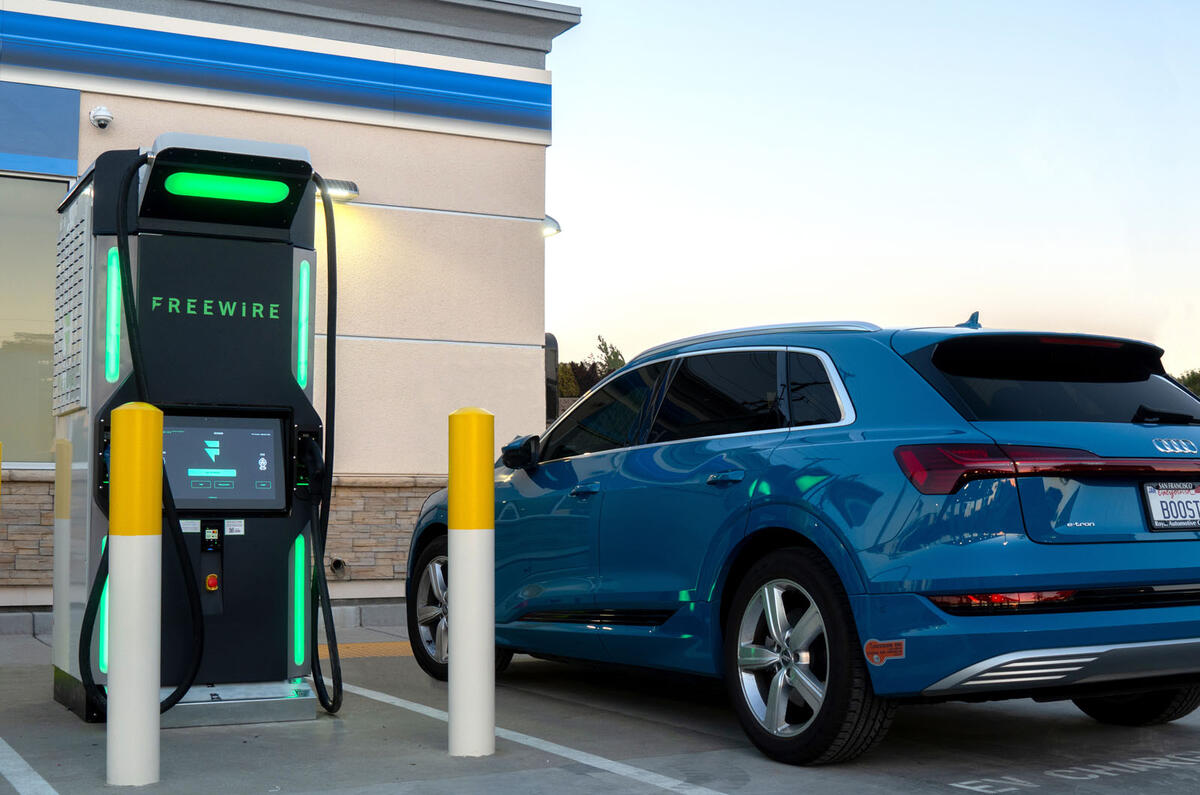EV charging infrastructure is in the spotlight. Costs have increased, new chargers aren’t being installed fast enough and maintenance contracts aren't being renewed. But a company that's about to roll out in the UK could prove the answer to infrastructure shortcomings.
At the recent Consumer Electronics Show (CES) in Las Vegas, Autocar spoke with Arcady Sosinov, founder and CEO of charger manufacturer Freewire. The American firm has received significant investment from BP, Chevron, Geely and others, with one charger already installed in Milton Keynes under the BP Pulse umbrella and orders for 64 more.




Add your comment